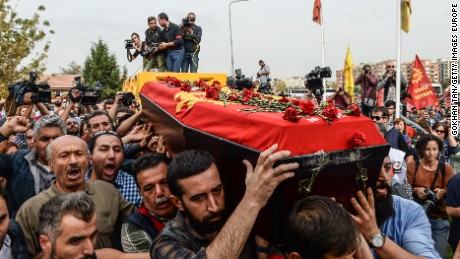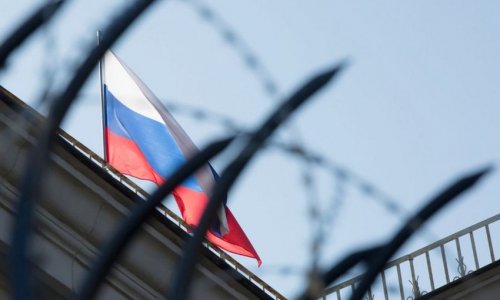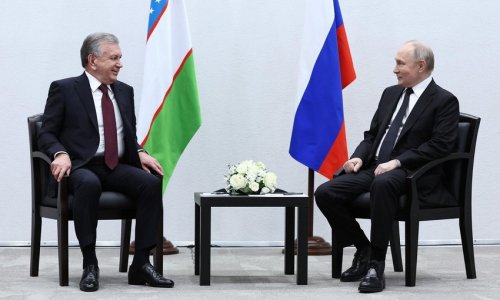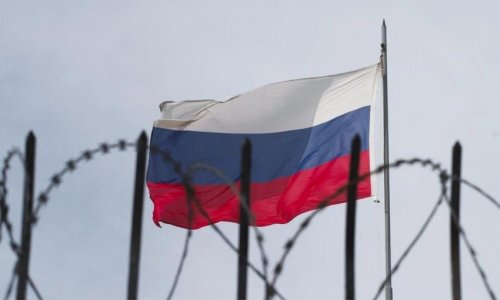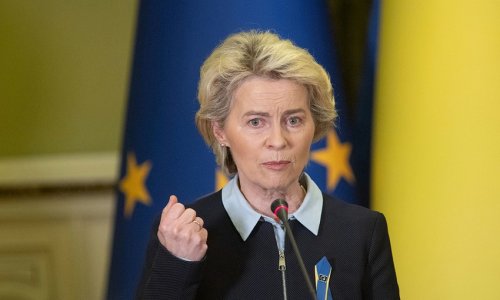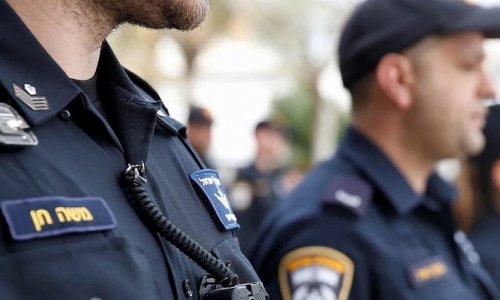Once the poster-child of Muslim democracy, Turkey now seems vulnerable to the internal divisions that have plagued Iraq and Syria over the past decade.
Like most Turks, I spent part of the weekend weeping over the smiling faces of activists who attended the peace rally in Turkey's capital on Sunday and are now dead.
There was the selfie by the five railroad workers, the newly married couple, the nine-year-old kid who insisted on accompanying his father, a woman who was running for a parliamentary seat in the November 1 elections, and a beautiful dark haired Kurdish student who posed at the front of the bus with all her fellow activists. They were among the 105 people who lost their lives in Ankara -- the deadliest terrorist attack in Turkey's history.
Unfortunately their loss has done little to unite a deeply polarized country, even in its moment of utter grief. At some of the funerals of the victims across the nation this week, crowds chanted "Erdogan the murderer," angry at Turkey's strongman President Recep Tayyip Erdogan, whom they accuse of being too tolerant of the Islamic State -- or ISIS -- the main suspect in the attack, according to Prime Minister Ahmet Davutoglu.
In stark contrast, crowds at a soccer match in Konya -- arguably Turkey's most conservative town -- actually booed the bombing victims as a moment of silence was observed. The victims of the bombing attack were mostly Alevis, Kurds or leftists, and the peace march was in essence a demonstration against the government.
Fault lines exposed
The truth is the Ankara massacre has exposed fault lines and growing enmity among segments of Turkish society, and the situation is only exacerbated by the increasingly authoritarian rule of President Tayyip Erdogan and the proximity to the various conflicts in the Middle East.
Erdogan came to power and won successive elections as an Islamist promising reform and economic growth. His Justice and Development Party (AKP) took 41% of the vote in June's Parliamentary elections. But in a deeply divided country, Erdogan's Sunni-centric world view and harsh tactics -- which include meddling in the judiciary, tax fines on opponents, or the jailing of journalists -- have further polarized Turkey.
OPINION: This is Turkey's 9/11
As a number of ambassadors from the European Union gathered at the bombing site to lay flowers for the dead, many Turkish citizens would have looked on in envy. In such a divided and increasingly violent climate, their own politicians would never consider standing side by side for anything, not even acts of terror.
Turkey was long considered the most stable and democratic of Muslim nations, but these days something far more sinister is happening. Alevis and Sunnis, secularists and Islamist, and more importantly, Turks and Kurds are parting ways on some core, emotional level. A young Kurdish woman asked me at one of the funerals for the bombing victims in Istanbul yesterday, "Why should we stay part of this country if we'll get killed every single day?"
A popular backlash against Erdogan's attempts to give himself new executive powers in violation of the Turkish constitution -- according to which the president is the head of state but not the head of executive branch -- played a role in the AKP's drop at the polls in June. Since those elections, peace negotiations between the Turkish government and the outlawed Kurdistan Workers Party (PKK) collapsed, leading to the death of 29 Turkish security personnel, and an ongoing Turkish air campaign against PKK camps in Iraq. There has also been a simmering discontent in key Kurdish towns since the June 7 elections, and hundreds of Kurdish activists and politicians have been arrested.
'Messy' Kurdish issue
Erdogan is now taking the country to new polls, scheduled for November 1, hoping that the ruling AKP could benefit from the surge in Turkish nationalism and recuperate some of its losses. But things are not looking great.
Turkey's Kurdish issue is looking more messy and transnational with each passing year. Across Turkey's southern border, ISIS is fighting the Syrian Kurds, who are actually supported by the Turkish Kurds, who are in turn run by their guerrilla leaders holed up in mountains in Iraqi Kurdistan.
As if the decades-long conflict with the PKK was not enough, Turkey now shares a long border with ISIS, further exacerbating the Kurdish-Turkish tensions. Ankara recently joined the U.S.-led coalition against ISIS, but fearful of an autonomous Kurdish entity in neighboring Syria, Turks have positioned themselves against the Syrian Kurdish forces fighting ISIS. Yet since the siege of Kobani -- a Syrian town that straddles the border with Turkey -- Syrian Kurds have been one of Washington's key allies in combating ISIS on the ground in Syria.
There is one way to prevent Turkey from further chaos and that is by returning to democratic reforms and reigniting the peace process with the Kurds. Just like post-war Europeans, Turks and Kurds have to realize that their fate, as well as regional survival, is intertwined. Erdogan should scale back his constitutional role and allow free speech. The Kurds in turn could leave the streets and return to the negotiating table. Only a self-conscious effort at national reconciliation could prevent Turkey from walking further into the abyss.
But with each passing day and the prospect of more terrorist atrocities, I fear it will be more difficult than ever to get to this point.
(CNN)
www.ann.az
Follow us !

